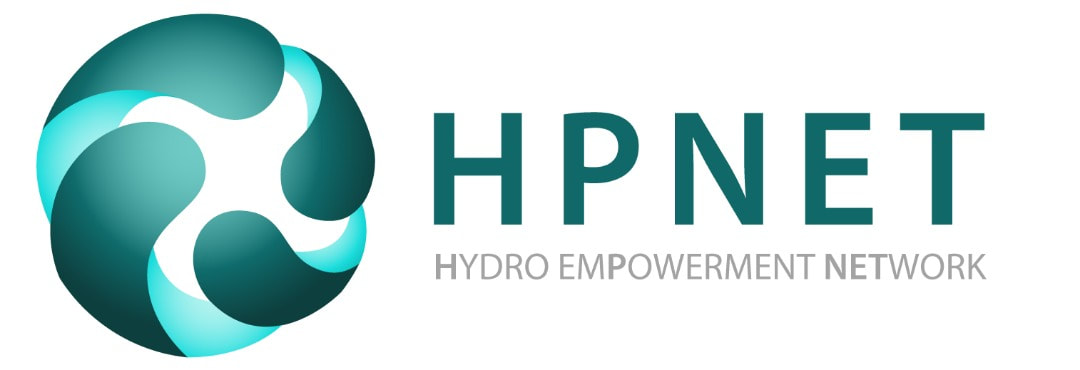Across the Philippines, communities are increasingly affected by stronger and more frequent typhoons and volatile weather due to climate change. Micro hydro communities in Kalinga Province and elsewhere have seen their mini-grid infrastructure damaged by destructive storms and the reliability of their electricity source threatened by fluctuating stream flow. The people of Kalinga Province are very keen to build climate resilient energy access through nature-based solutions, building upon long-proven Indigenous knowledge and governance systems. As one participant noted, “our watersheds are truly connected to the life of the community hydro system, as we have seen and experienced before”.
The workshops addressed the need for ecosystem restoration and strategies for building for climate resilience, while also building capacity to ensure long-term financial viability and agroecological benefits. The approach of the workshop and connected E-Learning courses emphasized the need to develop integrative solutions addressing the water-energy-food-forests-livelihoods nexus.
Next steps include working with community leaders and appropriate local and regional experts to facilitate steps towards resolving challenges expressed by workshop participants, including:
- Continue to unite against the development of mega dams repeatedly proposed to be built on indigneous territory but benefitting external populations
- Demonstrate the viability of Indigenous-governed micro hydro against the sporadic and expensive central grid
- Alleviate common pitfalls of community-scale hydropower by integrating methods for greater climate resilience and agroecological benefits.
More broadly, the successful workshop in Kalinga has led us to reflect on possibilities for future HPNET workshops. While E-Learning has enabled us to reach practitioners in over 40 countries this year, overcoming pandemic-related challenges, we were thrilled to also resume support for field-based capacity building with the workshop in Kalinga Province. We see much potential for further hybrid formats going forward.
Learn More
To learn more about community hydro in Kalinga, check out StreamSide Chats Edition 4, in which we take a virtual tour of the Balbalasang micro hydro project and discuss the Indigenous governance systems that support its success.
You can also check out the SEEED E-Learning platform to explore course offerings and read more about the SEEED Approach.
